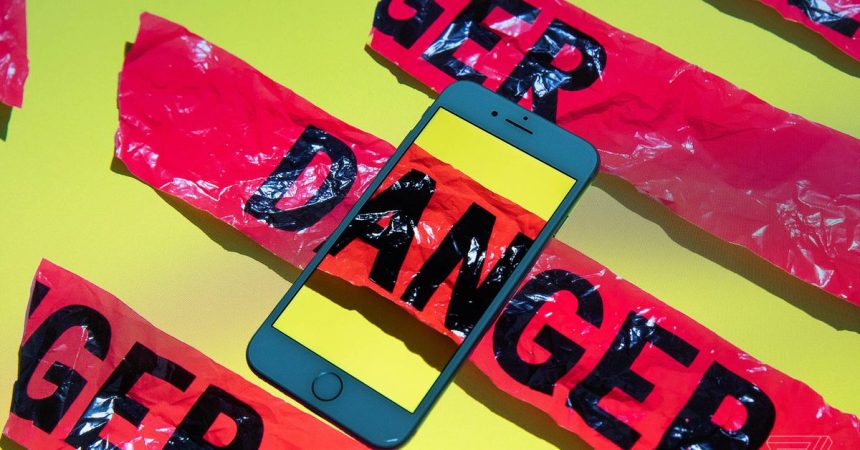In a significant legal victory for privacy advocates and a setback for the controversial spyware industry, NSO Group, the Israeli firm behind the notorious Pegasus spyware, has been found liable in a lawsuit filed by Meta’s WhatsApp. The lawsuit stemmed from NSO Group’s alleged targeting of approximately 1,400 WhatsApp users with its Pegasus spyware. A US federal judge ruled that NSO Group is liable for violations of the Computer Fraud and Abuse Act, the California Comprehensive Computer Data Access and Fraud Act, and breach of contract. This landmark ruling sets a precedent that could have far-reaching implications for other surveillance technology companies, making it harder for them to evade responsibility for the misuse of their products by clients.
The case, which has been ongoing for five years, centers around NSO Group’s Pegasus spyware, a highly sophisticated tool capable of remotely infiltrating mobile devices, extracting data, and activating microphones and cameras without the user’s knowledge or consent. WhatsApp alleged that NSO Group exploited a vulnerability in its messaging platform to deliver Pegasus to the targeted devices. The targets included journalists, human rights activists, and political dissidents, raising serious concerns about the potential for abuse of such powerful surveillance tools.
NSO Group had consistently argued that it was not liable for the misuse of Pegasus, claiming that the spyware was solely operated by its clients, who were government agencies investigating crimes and national security threats. However, the judge rejected these arguments, finding that NSO Group played a more active role in the attacks than it had claimed. This rejection of the “client-only” defense is a pivotal aspect of the ruling, effectively removing a shield that spyware companies have often relied upon to avoid accountability. The court’s decision establishes that developers of such invasive technologies cannot simply pass the buck to their clients and wash their hands of responsibility when their products are used for illicit purposes.
The ruling signifies a major win for WhatsApp and its parent company, Meta, which have been vocal critics of the spyware industry and its potential to undermine privacy and security. WhatsApp Head Will Cathcart hailed the decision as a “huge win for privacy,” emphasizing the importance of holding surveillance companies accountable for their actions. The ruling sends a strong message that illegal spying will not be tolerated and that companies developing and selling such technology must take responsibility for preventing its misuse. This victory could embolden other tech companies to take a stronger stance against spyware and to implement more robust security measures to protect their users from such attacks.
The case now proceeds to the damages phase, where the court will determine the extent of the harm suffered by WhatsApp and its users as a result of the Pegasus attacks. This phase could include assessing the financial costs associated with investigating and mitigating the attacks, as well as the reputational damage to WhatsApp and the emotional distress experienced by the targeted individuals. The final damages awarded could be substantial and serve as a further deterrent against the irresponsible development and deployment of spyware technology.
Beyond the immediate impact on NSO Group and WhatsApp, this ruling has broader implications for the surveillance technology industry as a whole. It sets a significant legal precedent that could be used in future cases against other spyware companies, making it more difficult for them to claim immunity or avoid accountability. The ruling underscores the increasing scrutiny faced by the industry and the growing pressure on governments to regulate the development and sale of such powerful tools. The decision may also encourage greater international cooperation in addressing the challenges posed by spyware and protecting fundamental human rights, including the right to privacy. The ruling effectively marks a turning point in the fight against unlawful surveillance and sends a powerful message that the misuse of such technology will have serious consequences.



